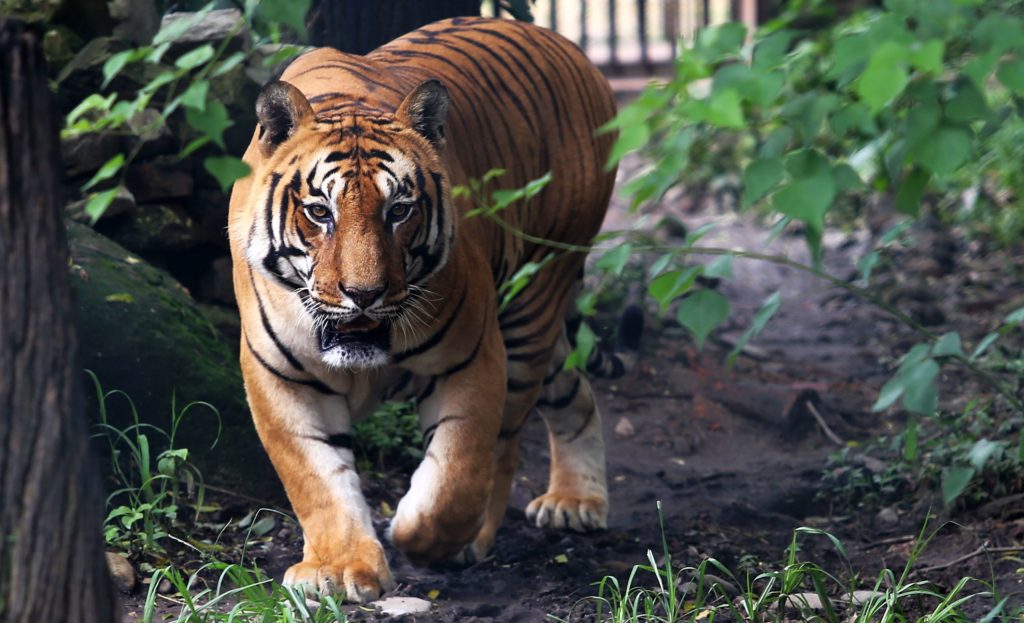KOLKATA: The number of Royal Bengal Tiger in West Bengal’s Sundarbans has risen to 96, up by eight, according to the latest census.
“The number of big cat in the Sundarbans region has climbed to 96 as per the 2019-20 census. As per the 2018-19 census, the number of tigers in Sundarbans was 88,” Bengal Forest Minister Rajib Banerjee told IANS, here on Wednesday.
In 2017-18, the total count of Royal Bengal Tiger in Sundrabans was 87. “This year, it has taken a big leap with eight tigers. According to the video footage, all the tigers are quite healthy. We are expecting this number to touch at least 100 soon,” the Minister said.
He said the Forest Department had taken various steps to increase the mangrove cover in the Sundarbans region to improve tiger habitat’s condition.
“The tiger sighting, recorded on cameras installed across 4,200 sq km, of which 3,700 sq km is known as the tiger territory, has increased significantly in the time of lockdown. Earlier, our officers could spot tigers only once or twice a day. But now it has increased to 6-7 times a day due to zero movement of steamers and boats inside the creeks,” Banerjee said.
The Minister said the state government had some plans for Dooars in north Bengal, but the census process was getting little delayed due to lockdown as the region shared border with Assam and an international border with Bhutan.
Spread over 4,262 sq km, the Sundarbans has mangrove cover in 2,125 sq km in India alone. A large part of the Sundarbans forest, the world’s largest mangrove reserve and one of the most unique ecosystems in South Asia recognised as UNESCO World Heritage site, lies in Bangladesh.
It’s a part of the world’s largest riverine delta, formed by Ganga, Brahmaputra and Meghna rivers. The whole tract of forest reaches about 100-130 km inland from the confluence.







